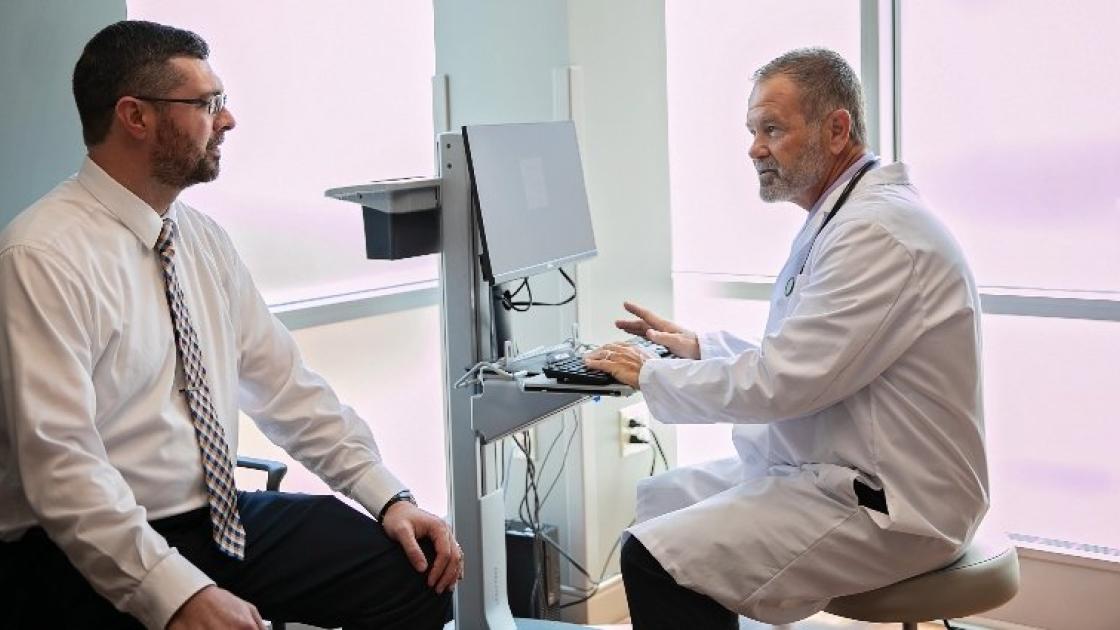
Kidney stones: A recovery and prevention guide
The sudden onset of sharp pain can be both scary and life-disrupting. One example of sharp pain is caused by kidney stones, which can wreak havoc at a moment’s notice. Thankfully, if you receive the right care from an experienced doctor, these pesky stones usually don’t cause lasting damage. Here’s what you need to know about this common urological issue.
What are kidney stones?
Kidney stones are hard deposits that form inside your kidneys. They’re made of salts and minerals. They can impact any part of your urinary tract. Stones often form when your urine becomes concentrated. This allows minerals to crystalize and stick together.
What are the symptoms of kidney stones?
Kidney stones often don’t cause problems until they move around within your kidney or go into your ureter. This is the tube that joins your kidney to your bladder. The signs of these stones may include:
- Sharp pain in your side and back, below your ribcage
- Pain that occurs in waves and varies in intensity
- Pain that extends to your lower abdomen and groin
- Urinating small amounts
- Pain when urinating
- Pink, red or brown urine
- Foul-smelling or cloudy urine
- A constant need to urinate
- Nausea and vomiting
- Fever and chills, if you have an infection
How are kidney stones treated?
Most small stones don’t require invasive treatment. Your doctor might tell you to drink lots of water to help you pass one. For instance, you might need to drink up to two to three quarts of water a day. This will help flush out your urinary system. To ease the discomfort caused from passing a small stone, your physician might suggest you take a pain reliever such as ibuprofen, naproxen sodium or acetaminophen. You may also receive a prescription for an alpha-blocker. This type of medicine relaxes the muscles in your ureter. Taking alpha-blockers may help you pass a stone faster and with less pain.
Large stones, or those that can’t be treated with conservative options, might necessitate more-extensive treatment. Depending on the size and location of your stone, your physician may suggest extracorporeal shock wave lithotripsy, ESWL. ESWL uses sound waves to bust up a stone. Once it’s broken up, the smaller pieces can pass through your urinary tract. A stone can also be removed surgically with the use of small instruments and telescopes inserted through a small cut in your back.
How can you prevent kidney stones?
If you’ve dealt with the pain and discomfort of a kidney stone in the past, you may want to do everything in your power to prevent another one. Depending on the cause of your stone, making some lifestyle changes might help prevent another one. Drinking lots of water throughout the day is important. Eat less salt. Strive to get more of your protein from non-animal sources. If you tend to get calcium oxalate stones, limiting foods packed with oxalates may help. For instance, you may wish to cut back on spinach, nuts, sweet potatoes, Swiss chard, and rhubarb.
Dealing with a kidney stone can certainly be unpleasant. But, with the help of an experienced, compassionate doctor, you can feel normal again soon.




